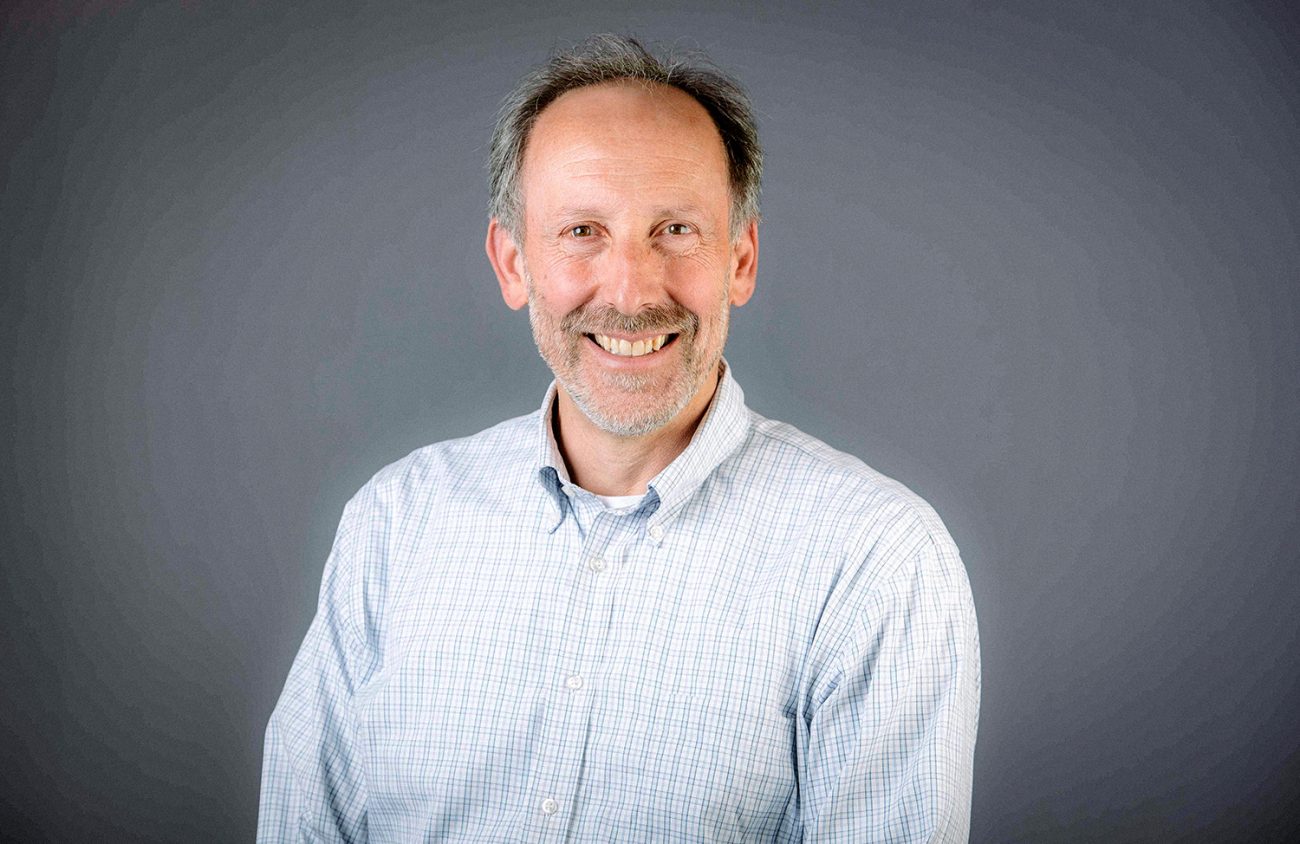John Selker is an accomplished scientist who also learned early in life to not take politics for granted.
“My mom was a Holocaust survivor, and she emphasized when we were kids that the highest achievment that we could strive for would be representing our people in Washington, D.C.,” he says.
Selker is a distinguished professor in Oregon State University’s Department of Biological and Ecological Engineering. Over his career, he says he’s worked in dozens of countries and has researched water resources issues for decades.
Selker is one of seven candidates who have filed for the May 17 primary election, seeking the Democratic nomination for Oregon’s 4th Congressional District. He says he’s running to better the country’s communication on science. Selker says he wants to support policies that address the U.S.’s greenhouse gas emissions and get off fossil fuels.
Considering the large number of members of the U.S. House of Representatives (435), there’s a small number who have advanced science backgrounds. According to MRS Bulletin, published by Cambridge Press, the 116th Congress, elected in 2018, set a record for having 41 members of Congress with a background in science, technology, engineering and mathematics. That number decreased after the 2020 election, according to a January 2021 report by the Congressional Research Service.
He filed his candidacy with the Federal Elections Commission, on Dec. 20, though he hasn’t yet reported any campaign contributions.
Although Selker’s experience is in science and he lacks political or policymaking experience, he says that Congress doesn’t have members who are as scientifically literate as him — and if he needs a lawyer, he can easily find one there. “What is hard to buy is the understanding of what’s going on in this world,” he adds.
The U.S. needs someone who understands science and numbers, especially as the country continues to navigate a pandemic, he says. “Understanding the world through science has been vindicated and validated over and over,” he says. “Having someone who understands numbers and having someone who understands and can interpret science is critical at this time.” He references his experience as a book author, serving as an editor of a major science journal, and his authorship and co-authorship of more than 200 peer-reviewed articles.
Looking at risk assessment and the COVID vaccine, Selker says a lot of data shows that more than one in 500 Americans have died from COVID, but fewer than one in a 100 million have died from the vaccine. “When people don’t really breathe quantitative analysis and hear big numbers, they go blank,” he says. “I want our decisions in this country to be guided by people who can understand the difference.”
Selker received his master’s degree in 1989 and Ph.D. in 1991 at Cornell University in agricultural engineering. In 1991, he joined OSU as an assistant professor. In addition to his work at OSU, he runs the environmental monitoring instrumentation company SelkerMetrics with his brother, Frank Selker. He also co-directs the Trans-African Hydro-Meteorological Observatory which has more than 600 stations in 23 countries, the largest climate observation network in Africa.
Those in the U.S. who have doubts about science don’t trust public health officials, according to a June 2020 national opinion poll, the Johns Hopkins COVID-19 Civic Life and Public Health Survey. The survey suggests that only 36 percent of science doubters surveyed trusted medical experts and 32 percent trusted national health agencies for accurate COVID-19 information. And COVID-19 misinformation has spread on social media outlets, as well as through podcasts like The Joe Rogan Experience, which, according to Spotify, has millions of regular listeners.
“It’s an extremely sad day that people are able to profit by distributing misinformation,” Selker says. “We have to use all of our voices against that.” He says he can provide facts, and if there’s someone in Washington who understands the numbers behind policies, “it’s hard for false arguments to stand out.” He won’t be able to change everyone’s mind based on science, he adds, but he could be a strong proponent of communicating the science behind the policy.
While addressing climate change, Selker says he wants to look at the solutions that aren’t “glamorous.” Smokestacks in the U.S. are dumping massive amounts of carbon dioxide into the atmosphere, he says. “There should be legislation immediately and support from our society to put in capture systems at the smoke stacks from all fossil fuel-powered power stations,” he says. “Let’s stop dumping massive amounts of carbon dioxide from centralized locations into the atmosphere.”
Selker says he’s encouraged by the increased potential for solar power throughout the U.S. The cost of solar is a tiny fraction of conventional power sources, he says, which was not the case 10 years ago. It’s time to use the low cost of solar power — and other renewable sources like wind — to link the U.S. He references Texas’s February 2021 crisis when the state, whose power supply is isolated from the rest of the country, was unable to provide power to its residents.
“What the government’s job is in this case is to look at a big continental level scale,” he says. And the government doesn’t have to incentivize it besides offering to link the power supplies to the national grid.
Electrifying the U.S. with more wind and solar power is a policy that could benefit Oregon, he says. “We have impeccable conditions for solar in the high desert,” he says. “This is going to be an industry very important for Oregon — it already is. We are building gigawatts of solar panel-driven electric power systems. This has to be a top priority.”
